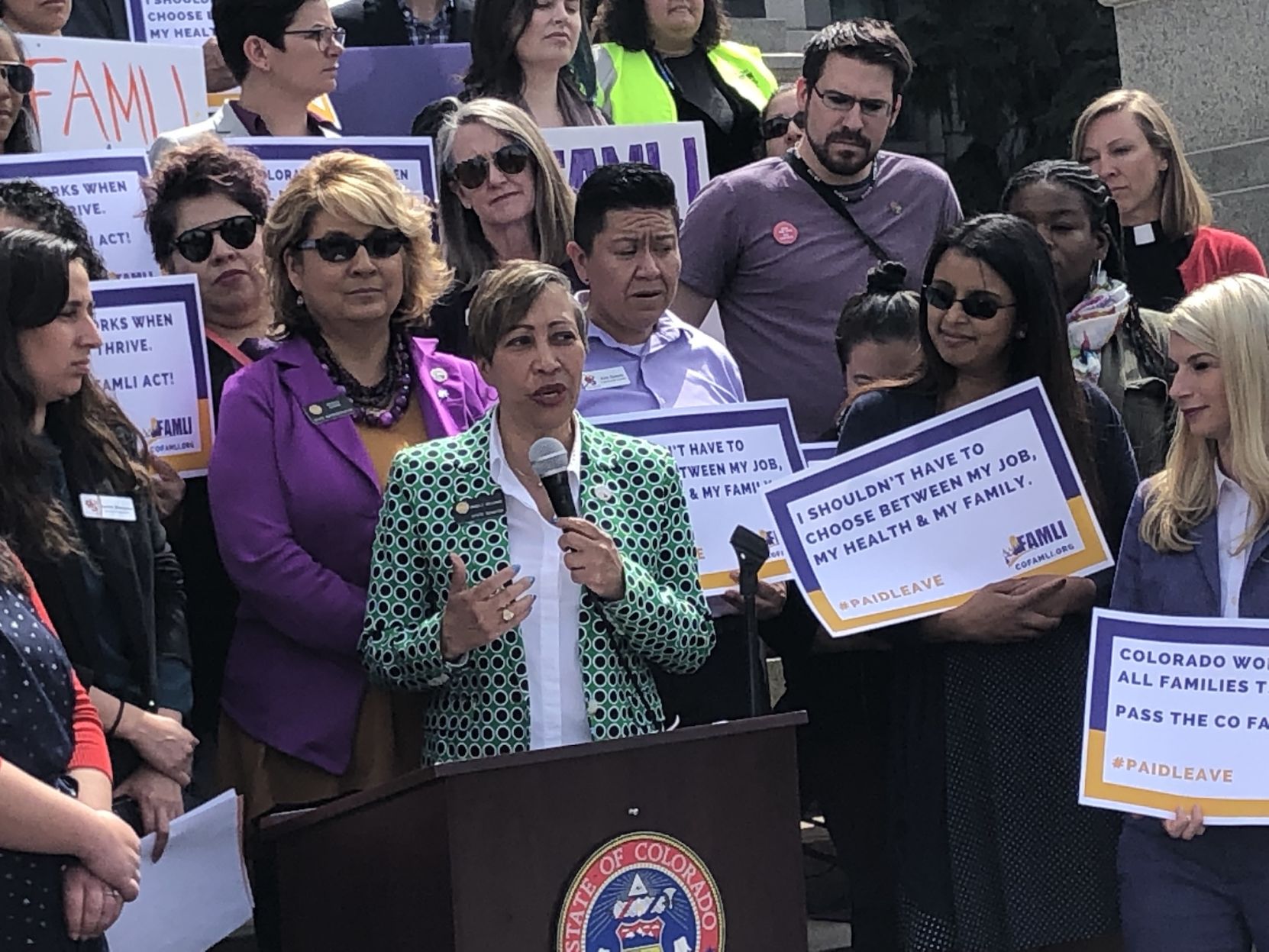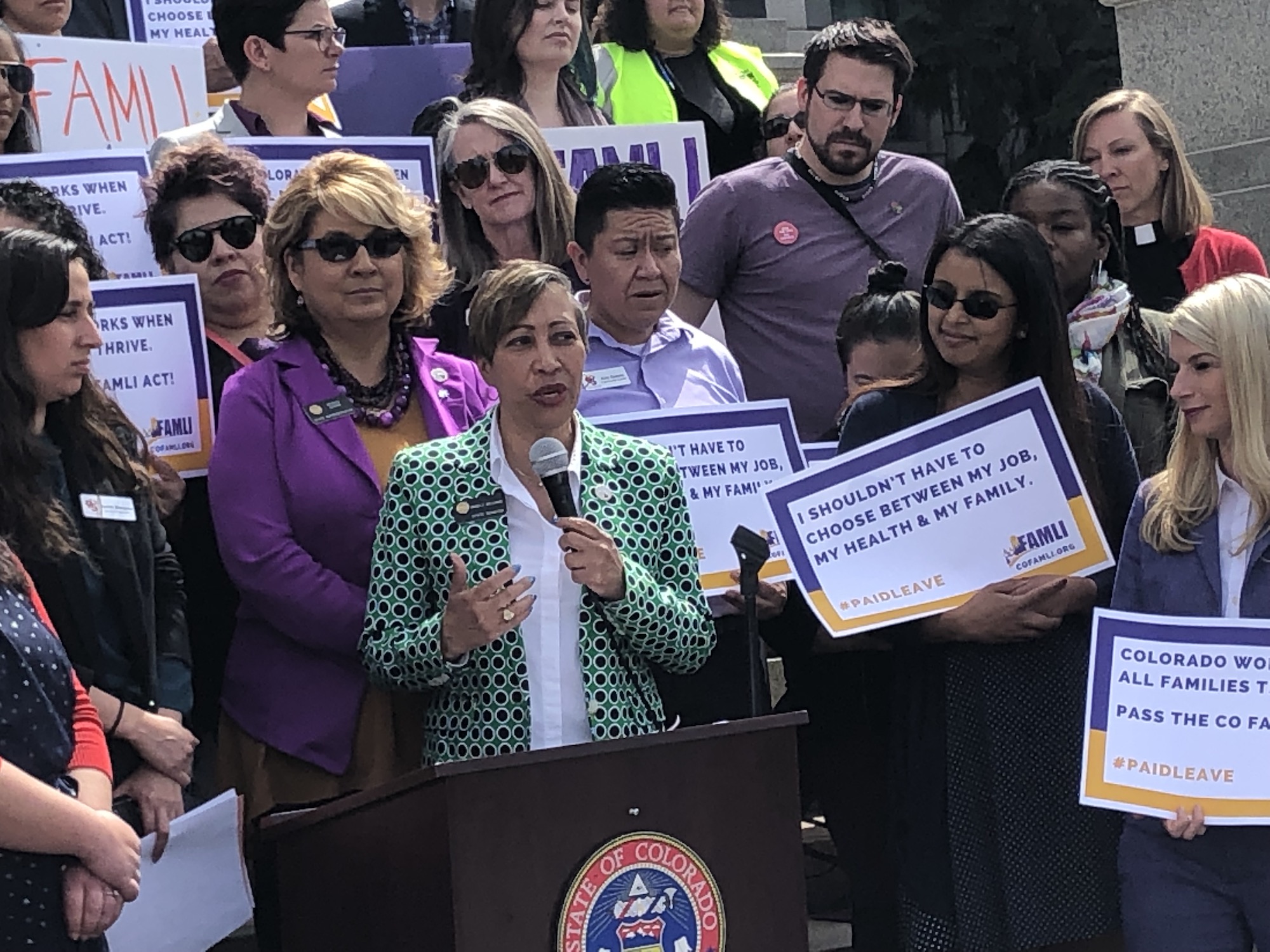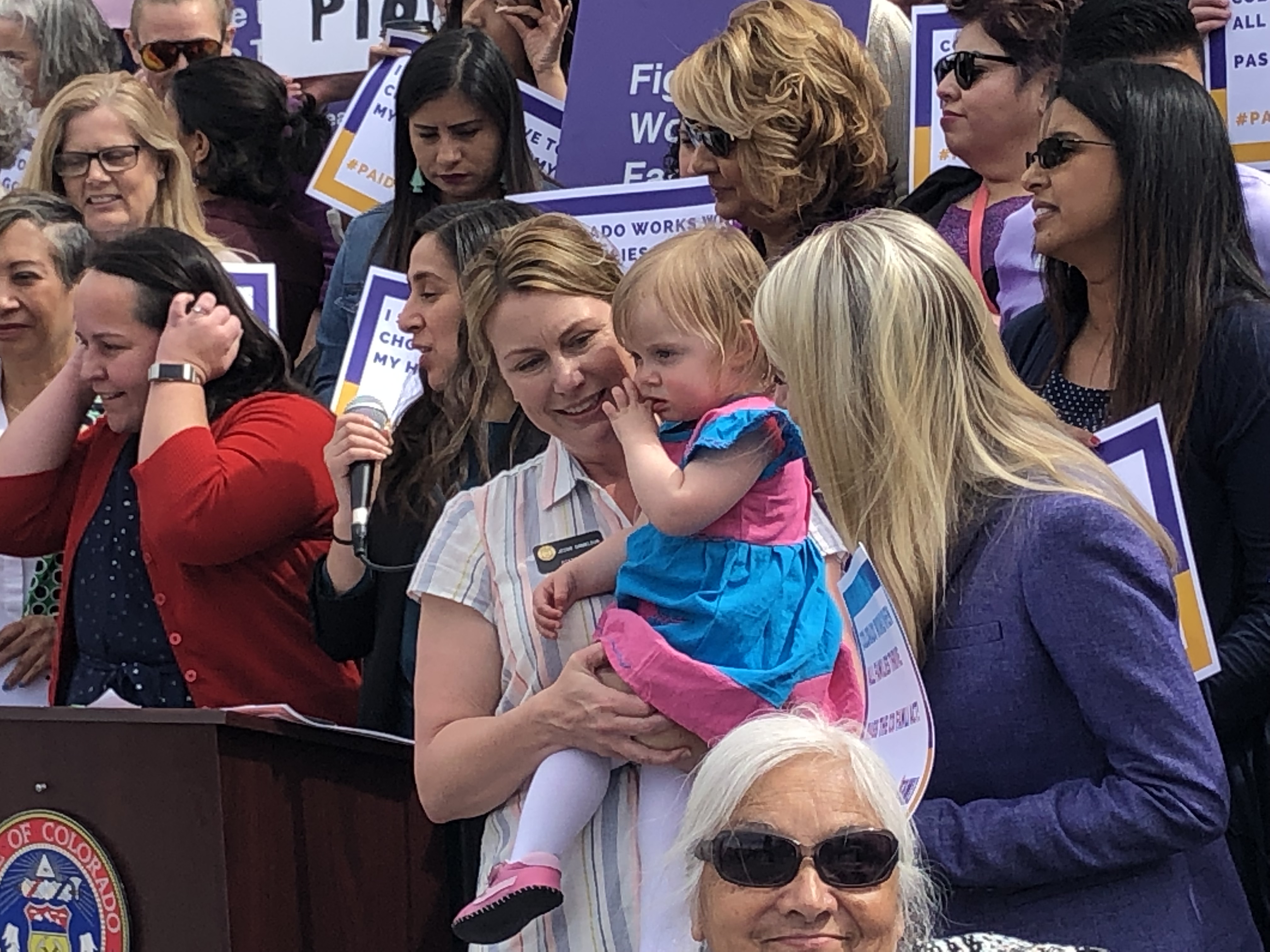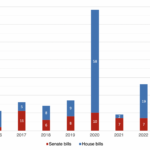Major deadline looms for businesses under Colorado’s paid family, medical leave program

A fast-approaching deadline looms for businesses to register with the state in order to report wages and pay premiums under Colorado’s voter-approved program that will pay for workers to take up to 16 weeks of leave.
Voters approved the Family and Medical Leave Insurance program in 2020, under which employers and employees split paying for a premium that will fund benefits starting in 2024. Those contributions began in January.
Under the program, an employee with at least one worker must register with the Colorado Department of Labor and Employment’s new Division of Family and Medical Leave Insurance to comply with wage reporting and premium payment requirements. The state gave businesses until May 31, the first major deadline for the program.
In a statement, the labor department said the premiums will build the new insurance fund that will help workers when they face significant life events that compel them to step away from their jobs.
“We’re thrilled to see Colorado businesses supporting and building this insurance fund from scratch,” Tracy Marshall, director of the FAMLI division, said in a news release. “This is a benefit Colorado voters want, and it’s been rewarding to see Colorado’s employers register and contribute premiums, so FAMLI will be a success once benefits become available in 2024.”
The program’s next major milestone is launching an online portal for health care providers to register and certify health conditions – such as an illness, injury, pregnancy or physical or mental condition that involves inpatient care – for patients applying for FAMLI leave claims. The portal is expected to go live in August, the labor department said.
Supporters said FAMLI would benefit low-wage workers who are most likely not able to get any sick time off without losing wages and help families navigate through difficult periods, while protecting jobs and allowing workers to care for loved ones without jeopardizing their financial well-being or job security. Opponents countered that it would place financial and regulatory burden on small businesses, as well as take money out of the pockets of people who would never use significant medical or family leave.
Already, some critics said the program faces a financial risk.
An analysis from the Common Sense Institute said the program – initially estimated to collect $1.3 billion in premiums this year – could overburden Colorado employers or become insolvent over the next several years, anticipating more people than projected will take advantage of the leaves.
The think tank had looked at a similar program from the state of Washington, which, the group said, has seen higher-than-expected utilization and required employee premium hikes each year, forcing legislators there to allocate $350 million to address deficits.
CSI said if the risks for Colorado materializes, premium rates will need to increase, the benefits will need to be curtailed or the state will have to pick up the tab.
“This will especially impact businesses with low margins and those that need to replace the labor of employees on leave,” the CSI analysis said.
The group said the effects on businesses will be uneven. Companies that operate in high-wage and high-tech industries will only experience “small reductions in output and relatively low premium costs,” but businesses that have slim margins and employ low-income Coloradans, such as restaurants, will struggle to replace labor lost to paid leave and lose “large shares of profitability.”
Nearly 58% of voters supported Proposition 118, which created FAMLI, in 2020.
In advocating for the measure, the Colorado Fiscal Institute, had argued that access to paid leave was slanted toward Coloradans who earn the highest incomes, and they were “disproportionately White.” The group added that Black and Latino workers are likelier to work in low- and middle-income jobs that were much less likely to offer leave.
A 2013 analysis from the group looked at California and New Jersey’ family leave programs that about 0.79% of Colorado’s workforce will use paid family leave each year.
The group also estimated the average duration of medical leave for Colorado workers to be 7.85 weeks, much lower than in New Jersey and California. Among Colorado workers using the paid family leave portion, the average duration would be 9.63 weeks, more than in New Jersey and California.
“Being able to care for a new child, a sick or injured family member, or heal from a personal illness or injury shouldn’t mean risking your job,” the group said.
















